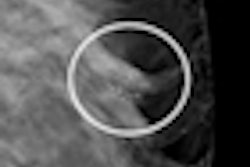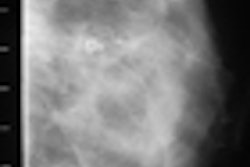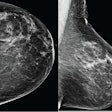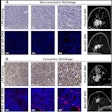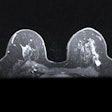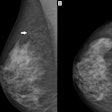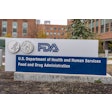Dear AuntMinnie Member,
A new study published today in the Annals of Internal Medicine should add new fuel to the debate over the role of breast tissue density in mammography screening, according to an article in our Women's Imaging Digital Community.
Recent research has found that women with denser breast tissue have a higher risk of cancer. That's sparked an advocacy movement in many states to pass legislation requiring women to be informed of their breast density when receiving mammograms.
In the new study, researchers performed a model-based analysis that confirmed that women with dense breast tissue -- as well as other risk factors -- should definitely begin receiving screening in their 40s. But for women without risk factors, starting at age 50 was sufficient, the authors said.
The study is sure to ignite a debate over the merits of one-size-fits-all screening programs, compared with more tailored approaches. Learn more by clicking here.
Also in our Women's Imaging Digital Community, learn about a new study on the radiation risk to fetuses when pregnant women receive PET/CT scans -- it may not be as bad as you think. Get this story and more at women.auntminnie.com.
Mercy to end Imaging Advantage contract
In other news, a high-profile contract between an Ohio hospital system and national radiology group Imaging Advantage will end a year early, according to an article in our Imaging Leaders Digital Community.
The deal between Mercy Health Partners and Imaging Advantage was considered revolutionary when it was first announced in 2009. Mercy ended a longstanding contract with a local radiology group to cement the agreement, which led to speculation that national radiology groups could supplant the traditional radiology business model of entrepreneurial physician-owned practices.
Why is the deal ending early, and how is Mercy planning to staff its radiology department? Find out by reading associate editor Kate Madden Yee's story, which you can reach by clicking here.
In other news, a new study out in this month's edition of the Journal of the American College of Radiology once again confirms the cost of physician self-referral to the nation's healthcare costs, with billions of dollars in unnecessary spending tied to the practice. Learn more by clicking here, or visit the community at leaders.auntminnie.com.





